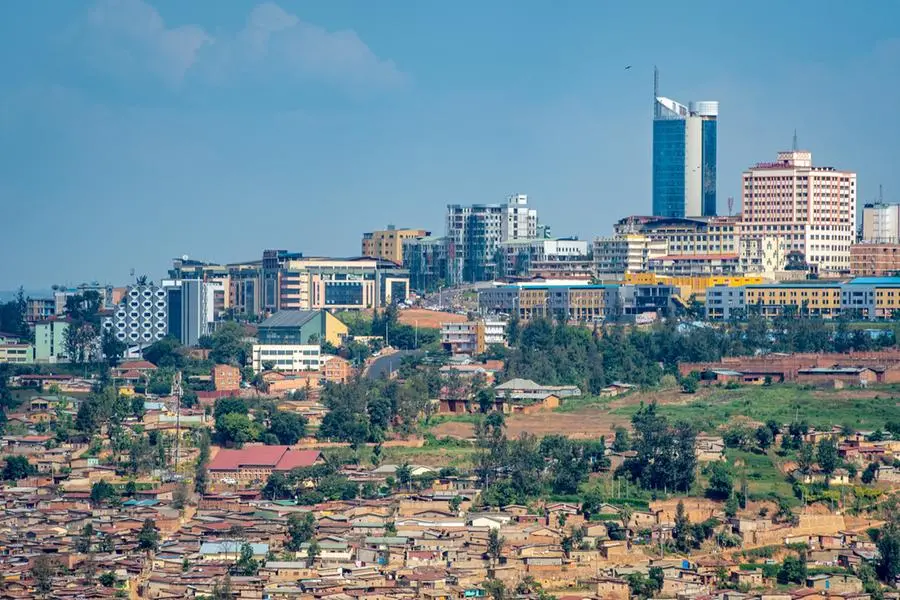PHOTO
Rwandan economic managers are walking a tightrope to contain a drastic rise in the cost of living that is reducing incomes and hitting the country's vulnerable households hard.
While the International Monetary Fund (IMF) has recommended further tightening of monetary policy, there is a real risk that this could undermine economic growth still reeling from the pandemic.
Figures released by the National Institute of Statistics (NISR) this week show that the economy expanded by 10 per cent in the third quarter, following 7.5 per cent growth in the second quarter and 7.9 per cent growth in the first quarter, well above the initial projection of 6.8 per cent for the whole year.
The growth is largely attributed to a strong rebound of the country’s service sector, which expanded by 17 per cent fuelled by the recovery of the meeting, incentives, conferences and exhibitions (MICE) sector as the country has hosted several international meetings.“This year we had projected 6.8 per cent this end of December. But given the performance of the three quarters — all these indicators suggest that we may achieve more than 6.8 per cent,” said Uzziel Ndagijimana, the minister of Finance and Economic Planning.
Constrained growth
Ndagijimana noted that growth next year is likely to be constrained by the current turbulent global environment.“In the next year, in the context of global challenges, we are conservative taking into consideration all these downside risks. Our projection for next year is 6.2 per cent subject to adjustment depending on development in the global economy,” he said.
While the Rwandan economy is on a rebound, the drastic rise in the cost of living has taken away the shine as many households are struggling to make ends meet because of higher food prices and unemployment that remains high at approximately 18 per cent.
Yusuf Murangwa, the director general of NISR told The EastAfrican that the current high unemployment rate is due to a lag associated with the Covid-19 pandemic. He added that progress will depend on improvements in the labour and employment dynamics pegged on the good performance of the economy.“We think in a period of 3-5 years if things go well, that’s something that can be withered out… We are seeing it being contained but it is going to take time,” Murangwa said.
The increase in food prices is also hitting hard many vulnerable households.
Data by the World Bank shows Rwanda is among the top ten countries globally worst affected by food price inflation, with real food inflation, year on year increasing by 14 per cent while nominal food inflation rose by 34 per cent between June and September this year.
Rising food prices are partly attributed to the poor performance of the agriculture sector due to bad weather.
While the National Bank of Rwanda (BNR) has raised its key interest rate three times this year, and most recently in November by 50 bps to 6.5 per cent, inflation has remained high.
Rwanda’s Consumer Price Index (CPI), the main gauge of inflation, increased by 21.7 per cent year on year in November up from 20.1 per cent in October.
The price of food and non-alcoholic beverages increased by 45.4 per cent on annual basis and 1.3 per cent month on month. The prices of fresh produce increased by 52.1 per cent on an annual change and 1.4 per cent on a monthly basis.
IMF push
According to the IMF, more action is needed by the central bank to contain inflation. IMF also noted that global headwinds are slowing economic activity amid high unemployment.“More decisive monetary tightening by the National Bank of Rwanda is needed to contain inflationary pressures while ensuring greater exchange rate flexibility remains key for external stability.“Continued monitoring of the financial sector to ensure risks remain contained while deepening financial markets and promoting financial inclusion is also important,” IMF staff said in a statement on December 12.
© Copyright 2022 Nation Media Group. All Rights Reserved. Provided by SyndiGate Media Inc. (Syndigate.info).




















